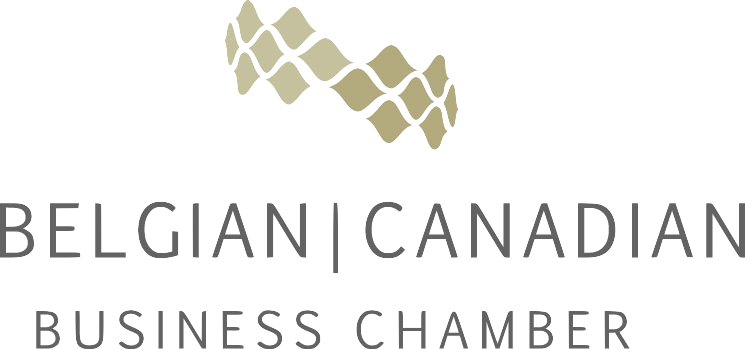On March 4, the consulates of the three Bs – Belgium, Britain and Bulgaria invited Gerard Buckley to talk about accessing angel investing in Canada. We’d like to thank Ken Mark (ken.mark@rogers.com), Freelance Writer, for the following report; and Luca Viorel – YourAdOnline our professional photography services.


The basic definition of angel investing is using personal funds to purchase equity or debt in early- or growth-stage companies. It is the first infusion of professional money, i.e. post-“love” or family money in such enterprises.
In Buckley’s view, the objective of many angel investors is to add value to the business – size and worth are irrelevant. And besides providing money, they typically they want to become involved by serving as mentors to its executives and contributing their hands-on expertise to help them grow the business.
From his decades of business experience of financing capital equipment purchases and more recently in angel financing, Buckley hopes that 85 per cent of his personal investments will allow him to sleep at night enabling him to spend 85 per cent of his time on his other, angel investments.
In contrast to venture capital (VC) players who offer advice and money to start-ups in return for control of the fledgling enterprise, angel investors do not seek control; rather they want to add value.
He also distinguishes angel investing from crowd funding. The latter is a less workable solution if only because of the challenges of dealing with 500 or more investors rather than a handful.
To simplify the process while satisfying investment regulations, Buckley suggest that angel-investment seeking firms apply for prospectus exemptions. They permit certain small- and medium-sized businesses to raise capital without the time and expense associated with preparing a formal prospectus. Such prospectus exemptions ensure such firms to conform to financial market regulations. As well, firms should also be aware of accredited investor exemptions.
As an angel investor, Buckley seeks firms with a scalable product or service that provides a sustainable competitive advantage over what’s currently available. That involves offering a disruptive solution with validated products and a viable business model outlining how entrepreneurs and investors can make money. The key ingredient is a management team in place with the passion to drive the success of the business.
According to a recent National Angel Capital Organization (NACO) Report on Angel Activity in Canada, the most active sectors are ICT (information & communications technology) 45 per cent, life sciences 33 per cent and clean technology 10 per cent.
Buckley believes the average investment is $5 million with $2 million being a typical amount. Only about 5 per cent of Canadian firms are successful in receiving angel financing — a much lower than figures in Silicon Valley, which has a more vibrant entrepreneurial ecosystem.
Finally, both sides need to conduct proper due diligence on their potential partners to ensure that there is a proper fit, comfort level and compatibility that will enable them to work together to make the business succeed and prosper.
To that end, Buckley suggests that entrepreneurs ask potential angel investors about their motivation — why do you want get involved? As well, they need to find out if the investors charge for making presentations and management fees
Gerard Buckley can be reached at www.jaguarcapital.ca. For more information about angel investing, go to: https://www.mapleleafangels.com https://www.mapleleafangels.com.
Pictures of the event here: http://www.youradonline.ca/2015/march/04/default.aspx


